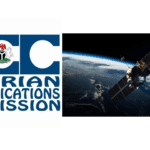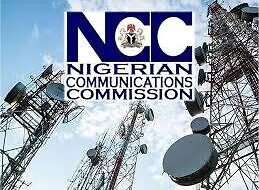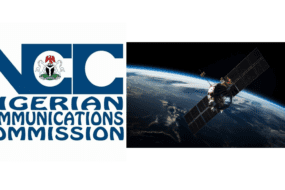Niger State has officially removed Right-of-Way (RoW) fees for fibre optic cable installation. As a result, this move makes it the 12th Nigerian state to adopt the policy aimed at encouraging telecom investment and improving internet access across the state.
Governor Muhammed Umar Bago signed the new policy into law on September 2, 2024. The law, published in an official gazette, allows telecom companies to install and expand fibre networks without paying recurring RoW fees. Instead, operators will only pay a one-time application fee of ₦500,000 (around $311.80).
Suleiman Isah, the Commissioner for Communications Technology and Digital Economy, explained that the fee covers both the first deployment and any future network expansion.
“Even if a company got its permit ten years ago, it doesn’t need to pay again for expanding. It just needs to inform the state,” Isah said in an interview with TechCabal.
Removing RoW Fees Helps Lower Broadband Costs
RoW fees have long slowed internet growth in Nigeria. For years, states usually charged operators for laying fibre optic cables, making it expensive for companies like MTN, Airtel, and Globacom to expand their services.
The push to standardise RoW fees started in 2013 when the National Executive Council (NEC) recommended a fee of ₦145 ($0.09) per metre. However, only about one-third of Nigeria’s states have followed through with reducing or eliminating the charges.
Now, Niger State—home to the fifth-largest fibre network in Nigeria with 3,681.66km—joins other states that have scrapped or lowered RoW fees. These include Zamfara, Katsina, Anambra, Kebbi, Nasarawa, Bauchi, Adamawa, Kaduna, Ekiti, Imo, and Plateau.
Governor Says Policy Will Boost Jobs and Rural Internet Access
Governor Bago said the new no-fee policy will help bring high-speed internet to remote and underserved areas. Moreover, he expects it to attract telecom investment, support local businesses, and create jobs.
“This new rule will bring in major investment from telecom firms. It will expand network coverage in villages and create a strong digital economy,” he said in the gazette.
Nigeria hopes this change will encourage more telecom operators to install fibre cables in Niger State and across the country. By doing so, the government aims to improve digital services and bridge the internet gap in rural areas.
With this in mind, faster internet and better network access mean more Nigerians—especially those in remote communities—can enjoy digital tools, online services, and modern communication.
- NCC Sounds Alarm Over Fresh Fibre Cuts
- Nigeria’s Spectrum Roadmap Draft 2025-2030: What Should You Know?
- NCC Targets 23.3m Nigerians for Satellite-to-Phone Coverage
- Falana–Meta Ruling and It’s Implications for Social Media, Law and Cybersecurity
- FG Ends Paper Files as Ministries Go Fully Digital
- CBN Gives Operators One Month to Implement Dual PoS Connectivity













One reply on “Niger State Drops RoW Charges to Expand Broadband Access”
[…] made throughout the year, but the largest, a lump sum of N316.88m, came in October 2024. This payment cleared “total outstanding electricity debt as at August 2024,” suggesting a build-up of unpaid […]